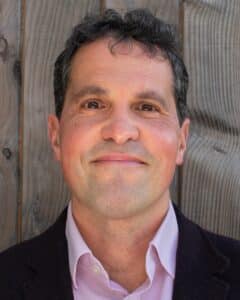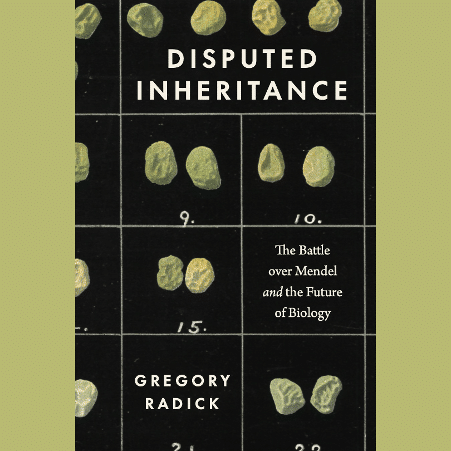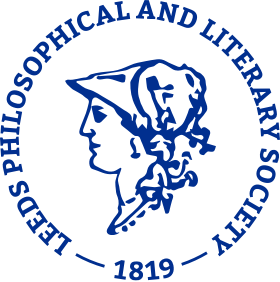Disputed inheritance: the battle over Mendel and the future of biology
A root-and-branch rethinking of how history has shaped the science of genetics – Professor Gregory Radick, University of Leeds
In 1900, almost no one had heard of Gregor Mendel. Ten years later, he was famous as the father of a new science of heredity – genetics. Even today, Mendelian ideas serve as a standard point of entry for learning about genes. The message students receive is plain: the twenty-first century owes an enlightened understanding of how biological inheritance really works to the persistence of an intellectual inheritance that traces back to Mendel’s garden.
In his new book Disputed Inheritance (published August 2023), Gregory Radick turns that message on its head. He shows that Mendelian ideas became foundational not because they match reality – little in nature behaves like Mendel’s peas – but because, in England in the early years of the twentieth century, a ferocious debate ended as it did. On one side was Cambridge biologist William Bateson, who, in Mendel’s name, wanted biology and society reorganised around the recognition that heredity is destiny. On the other side was the Oxford biologist W. F. R. Weldon, who, admiring Mendel’s discoveries in a limited way, thought Bateson’s “Mendelism” represented a backward step, since it pushed growing knowledge of the modifying role of environments, internal and external, to the margins. Radick suggests that it was Weldon’s untimely death in 1906, before he could finish a book setting out his alternative vision, that sealed the Mendelian victory.
Bringing together extensive archival research with searching analyses of the nature of science and history, Disputed Inheritance challenges the way we think about genetics and its possibilities, past, present, and future.
The link: https://youtu.be/8gk2uxOdyks

Gregory Radick is professor of history and philosophy of science at the University of Leeds.
He studied at Rutgers (BA History) and Cambridge (MPhil & PhD History and Philosophy of Science) before arriving at Leeds in 2000. In his final year at Cambridge he was the Charles and Katharine Darwin Research Fellow at Darwin College.
At Leeds he has served as Director of the Centre for History and Philosophy of Science (2006–18) and the Leeds Humanities Research Institute (2014–17).
He is a past President of the British Society for the History of Science (2014–16) and a past President of the International Society for the History, Philosophy, and Social Studies of Biology (2019–21).
Gregory has published widely on the history of biology and the human sciences after 1800, with particular emphases on Darwin and Darwinism, genetics and eugenics, sciences of mind, language and behaviour. Books include The Simian Tongue: The Long Debate about Animal Language (awarded the 2010 Suzanne J. Levinson Prize of the History of Science Society for best book in the history of the life sciences and natural history) and, as co-editor, The Cambridge Companion to Darwin.
His has featured in the Times Literary Supplement, on BBC Radio 4’s In Our Time and PBS’s Genius by Stephen Hawking.
He is currently working on a project to explore how undergraduate learning of multifactorial genetics affects belief in genetic determinism.
In 2022 he was appointed to the Board of Trustees of the Science Museum Group.

Other events you might be interested in...
Explore more

Grants
The Society makes grants both to individuals and to organisations in support of cultural and scientific activities which increase innovation, outreach and diversity in Leeds and its immediate area. It also supports local museums and galleries and publications relating to the city.

Events
Since 1819, the Phil & Lit has been inviting the people of Leeds to hear from knowledgeable and entertaining speakers. Many are leaders in their field of science, arts or current affairs. We also hold an annual Science Fair and organise occasional visits.



